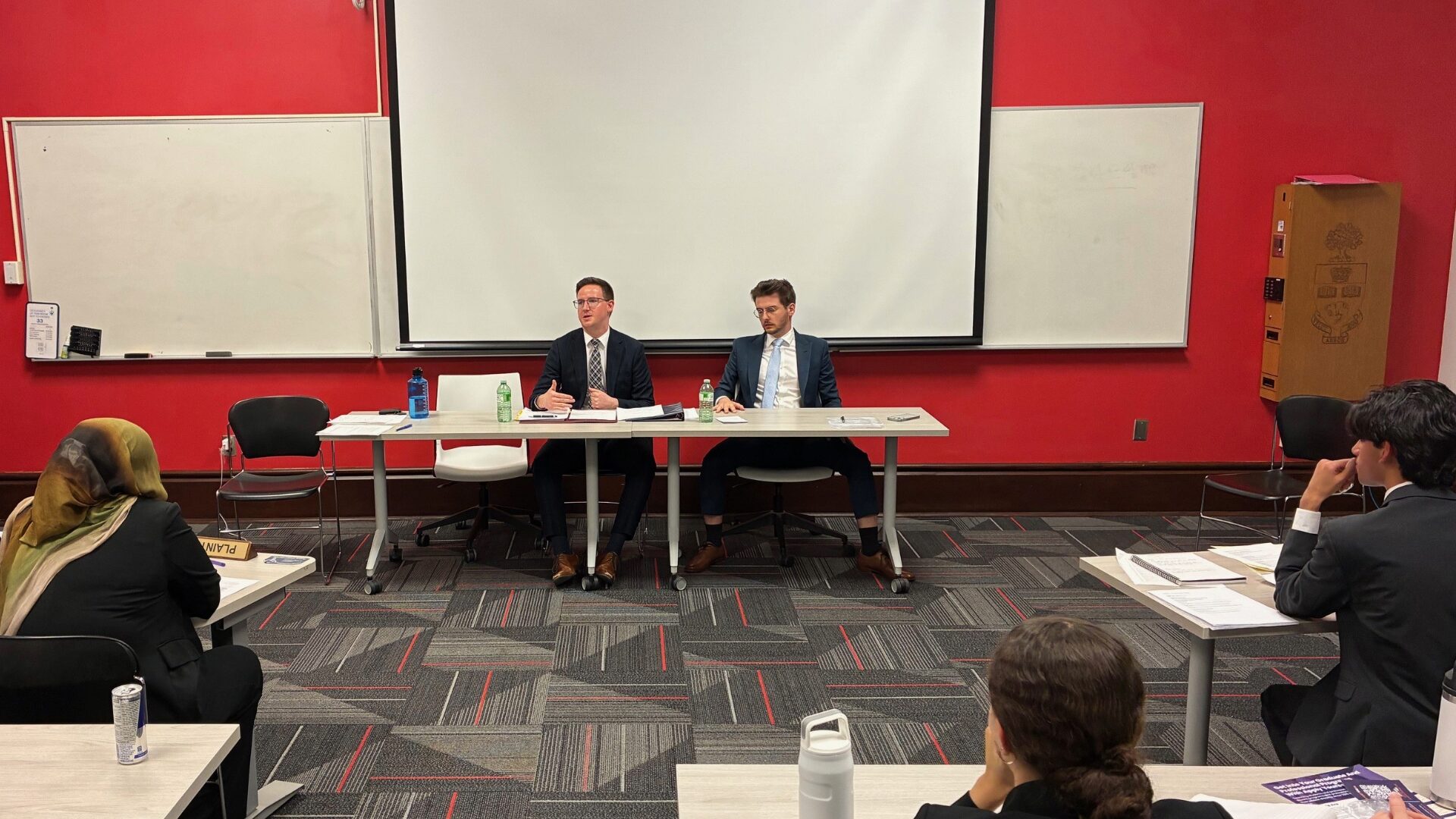The current system requires parties to negotiate a discovery plan, compile and exchange affidavits of documents, find mutually convenient dates for examinations, prepare for and attend examinations, obtain transcripts, and bring any motions arising from undertakings or refusals given at the examination. No wonder it may take up to two years for parties to complete the discovery process, especially in complex claims involving multiple parties.
Under the new proposed system, oral examinations for discovery will be eliminated, which will ensure that parties are in a position to set a trial date earlier in the process, eliminate time preparing for examinations, and eliminate the need for any discovery-related motions, which should have the effect of cost efficiency and reductions in delay.
Under the new proposed system, the parties will be required to disclose documents available to the parties at the time pleadings are served. This up-front evidence model includes the exchange of sworn or affirmed witness statements, affidavits of documents, and timetables for the exchange of expert reports, with an ongoing obligation to update the expert timetable as circumstances change.
After the initial disclosure, there will be a supplementary disclosure under the Redfern model, where parties can request “focused, narrow and specific” additional documents, and permit for “a limited number of written interrogatories”. With the up-front evidence model, the key objectives the current discovery process (i.e. information gathering, narrowing issues in dispute, avoiding trial by ambush, and facilitating settlement) will still be met, while balancing the need to reduce costs and delays.
Part of the new discovery process will deal with the exchange of expert evidence. Under the new proposed system, expert evidence will be restricted to that which is reasonably required to resolve the proceedings, and will be restricted to one expert per issue per party, unless leave of the Court is granted. Under the new proposed system, joint litigation experts are encouraged and will be presumptively required for a number of issues, for example economic loss calculations and standard of care.
Under the new proposed system, expert reports will be required at least 90 days prior to a court ordered mediation, responding reports at least 60 days before a court ordered mediation, and any supplementary reports at least 45 days in advance of trial. Trials will not be adjourned to accommodate late delivery of experts’ reports, and will result in their inadmissibility unless the defaulting party gets leave from the court.





